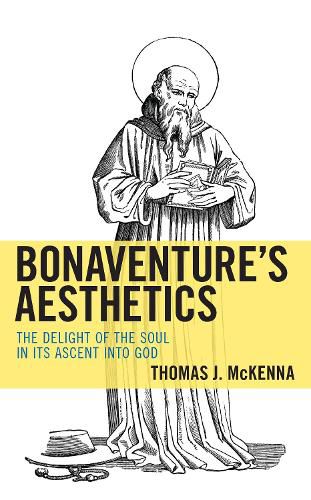Readings Newsletter
Become a Readings Member to make your shopping experience even easier.
Sign in or sign up for free!
You’re not far away from qualifying for FREE standard shipping within Australia
You’ve qualified for FREE standard shipping within Australia
The cart is loading…






The authors of the standard approach to Bonaventure’s aesthetics established the broad themes that continue to inform the current interpretation of his philosophy, theology, and mysticism of beauty: his definition of beauty and its status as a transcendental of being, his description of the aesthetic experience, and the role of that experience in the soul’s ascent into God. Nevertheless, they also introduced a series of pointed questions that remain without adequate resolution in the current literature. Thomas J. McKenna’s book, Bonaventure’s Aesthetics: The Delight of the Soul in Its Ascent into God, provides a comprehensive analysis of Bonaventure’s aesthetics, the first to appear since Balthasar’s Herrlichkeit, and, in doing so, argues for a resolution to these questions in the context of his principal aesthetic text, the Itinerarium mentis in Deum.
$9.00 standard shipping within Australia
FREE standard shipping within Australia for orders over $100.00
Express & International shipping calculated at checkout
The authors of the standard approach to Bonaventure’s aesthetics established the broad themes that continue to inform the current interpretation of his philosophy, theology, and mysticism of beauty: his definition of beauty and its status as a transcendental of being, his description of the aesthetic experience, and the role of that experience in the soul’s ascent into God. Nevertheless, they also introduced a series of pointed questions that remain without adequate resolution in the current literature. Thomas J. McKenna’s book, Bonaventure’s Aesthetics: The Delight of the Soul in Its Ascent into God, provides a comprehensive analysis of Bonaventure’s aesthetics, the first to appear since Balthasar’s Herrlichkeit, and, in doing so, argues for a resolution to these questions in the context of his principal aesthetic text, the Itinerarium mentis in Deum.